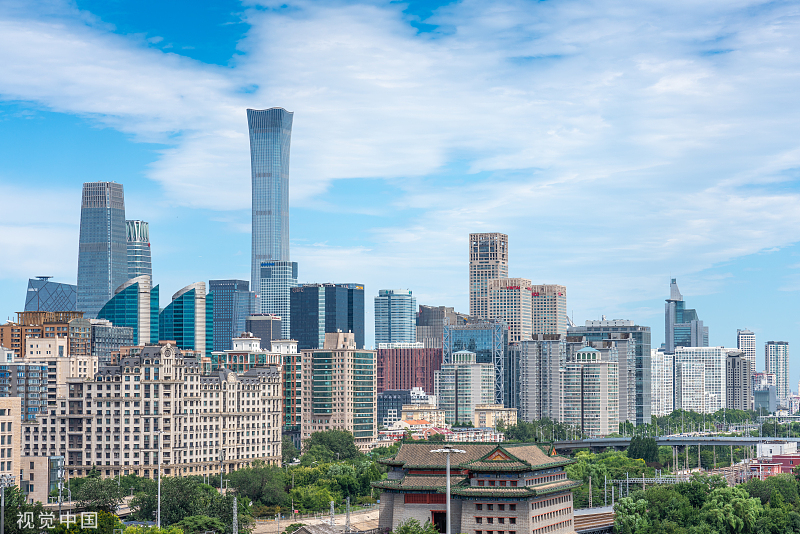ADB economist lauds efforts to sustain growth
Recovery:?Nation maintains strong investment inflows


China is expected to maintain stable growth this year, ensuring the transition to high-quality development featuring green technology and a more balanced growth model, said a senior economist with the Asian Development Bank on Tuesday.
Akiko Terada-Hagiwara, head of the economics and strategy unit of the ADB resident mission in China, said in an exclusive interview with China Daily that the country's "supportive and accommodative" fiscal and monetary policies will drive investment to sustain growth momentum for the year. Besides, there is still policy room for the country to strengthen support for economic growth, when necessary, she said.
"We understand that the government has announced additional stimulus on the fiscal side, which, for sure, will drive investment, particularly public investment," Terada-Hagiwara said, adding that monetary policy is also expected to further accommodate fiscal policy, boosting the nation's economic recovery.
"Meanwhile, the country's growth this year will be better supported by consumption, as the labor market and people's income prospects are improving," she said.
The economist, however, pointed out that the weak property market remains an issue, and if recovery in the sector is slower than expected, it could undermine market sentiment and confidence, and even cause some financial issues.
Besides, uncertainties in the external environment, including slower-than-expected economic growth in developed economies and countries around China, could also generate pressure on China's economic outlook this year, she said.
Her remarks came amid fresh signs of steady economic recovery in China.
Data from the National Bureau of Statistics showed that China's official purchasing managers index for the manufacturing sector rose to 50.8 in March from 49.1 in February, entering expansionary territory for the first time in six months.
Industrial output grew 7 percent year-on-year in the first two months compared with a 6.8 percent rise in December. Fixed-asset investment increased 4.2 percent year-on-year during the same period compared with a 3 percent annual growth in 2023.
"The recent (economic) data has been quite encouraging. We see that the growth momentum is picking up," she said.
Looking ahead, Terada-Hagiwara said that China is on the way to becoming a high-income country, and it will not likely fall into the so-called middle-income trap if it continues to pursue reforms that focus on achieving high-quality development as it does now.
"I think the point is not so much about achieving around 5 percent growth. It is more about addressing fundamental issues," she said.
"The property market is one thing. (There are also) policies in the face of an aging society and for promoting green transition. I'm really confident that the country can move forward with all these agendas."
For instance, the country can shift from the investment-driven growth model seen in the past decades to that driven by innovation, by boosting investment in innovation-oriented sectors and allocating more resources to those sectors, including funneling more credit to more productive enterprises. That will eventually increase total factor productivity, an important index for measuring economic benefits, and support long-term growth, the economist said.
With an aging society, the country can encourage labor force participation of women or people who are currently not in the labor force, or raise the retirement age to expand the labor force, she added.
Terada-Hagiwara said that against the backdrop of subdued global investment sentiment, China is still one of the largest recipients of foreign direct investment, with continuous upgrades in the structure and quality of FDI inflows.
In the past, FDI flowed more into fields like light industries and textiles as multinational companies sought high efficiency. Now, they are coming for China's huge market, and foreign investments have been increasingly flowing into consumption products and new technologies, she said, adding that the country can consider expanding opening-up in the services sectors to better utilize FDI.
Besides, she said that China's role in the world's outbound investment flows is growing, bringing more returns back to the country.




































